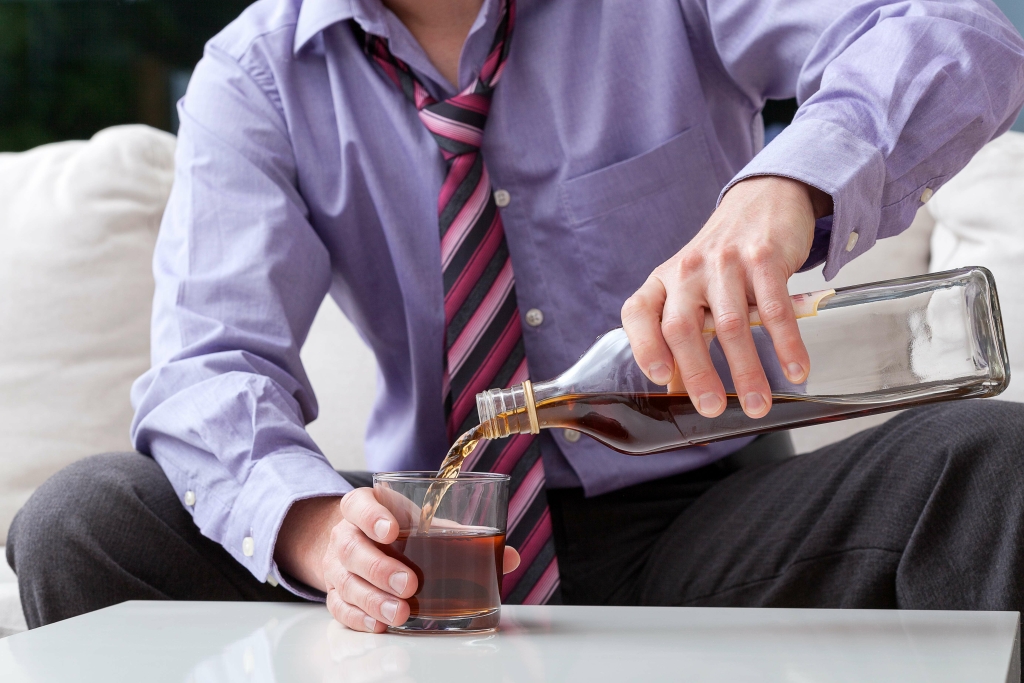Aggression is classified as impulsive, premeditated, and medically driven (Gollan et al., 2005). Unlike impulse-driven aggression, which is reflective of an agitated state of mind, premeditated aggression is a planned aggressive act (Martin et al., 2019). When a person consumes alcohol, the full effects may take some time to become apparent. It is critical to get emergency medical attention as soon as possible to avoid death and serious health problems. Alcohol intoxication occurs when a person consumes a large amount of alcohol in a short period of time.

Acute ingestion generally results in elevation of mood, disinhibition, and increased confidence, leading to argumentative or combative behavior. In addition to those mentioned in Table 1, some features of alcohol intoxication seen with increasing blood alcohol concentration (BAC) are discussed in Table 2. In naïve drinkers, BAC of 150–250 mg per 100 ml result in clinically apparent intoxication; BAC of 350 mg per 100 ml cause stupor and coma; while levels more than 450 mg per 100 ml can be fatal. Another issue in the clinical management of patients with substance intoxication in the emergency setting is the potential lack of social support in the treatment process. Patients may be consuming substances alone, or it is possible that casual acquaintances do not intend to help or are not in a position to help (due to their own intoxication as well). Family and friends may be disinclined or burnt out due to the substance use disorder and hence may not be forthcoming in engaging with the care process.
Stage 3: Excitement
After it appears, aggressive behavior can have profound health and psychosocial effects on the perpetrator, victim, as well as bystanders. Children exposed to family violence may be more likely to express problem behaviors themselves (Litrownik et al., 2003, Liu, 2004b). Infants who live in families that experience aggressive behavior and violence may suffer from irritability, sleep disturbances, emotional distress, and somatic complaints (Osofsky & Scheeringa, 1997; Zeanah & Scheeringa, 1997). Children Man serving sentence for attacking parents fails to return to halfway house and considered escapee living in homes with handguns are differentially at risk for increased injury or death than children not living in homes with firearms (Richmond, Schwab, & Branas, 2002). Much of the research on aggressive behavior in older adults has been conducted on residents in nursing homes, likely due to the high prevalence of dementias in these populations. Aggressive behavior in nursing home residents may be directed towards other residents or caregivers (Rosen et al., 2008; Zeller et al., 2009).

You must seek emergency medical treatment for a person who’s showing symptoms of alcohol poisoning. To date there are no studies that directly investigate whether alcohol-induced aggressive behavior can be reduced through training in https://g-markets.net/sober-living/man-serving-sentence-for-attacking-parents-fails/ cognitive functions. An understanding of individual risk factors may contribute to providing treatments tailored to individual problems. The Excitement stage of intoxication is when a person has a BAC between 0.09 and 0.25 percent.
Management of intoxication with multiple substances in an emergency setting
In addition, more recent models are moving away from single-factor causes and towards multifactorial sets of conditions. In the following, these models will be described and discussed on the basis of a selective review of original articles, reviews, and book chapters. It is critical for parents to speak to their teens about the consequence of underage drinking. Parents should educate themselves with resources and information to learn the tools available to prevent teenage drinking and recognize the stages of intoxication. It is important to take proactive steps to address teenage drinking early to avoid greater adverse consequences later. Talking to teens about anything can be daunting, and drinking is a serious subject.
- Deliberate overdose with an intent to self-harm may also be a possibility that cannot be ignored.
- The link between alcohol consumption and aggression is promoted by various interacting factors.
- For severe cases of alcohol intoxication, your loved one may be kept in the hospital for observation.
- It results from the consumption of an excessive amount of alcohol within a relatively brief time.
Psychiatric nurses are very involved in the traditional methods of intervention, such as psychotherapy or psychopharmacology. Cognitive behavioral therapy (CBT) attempts to address dysfunctional emotional, behavioral, and cognitive problems by helping patients adopt healthier behaviors and thinking patterns. Studies have shown the effectiveness of CBT in reducing anger and aggressive behavior in children, adolescents, and adults (Beck & Fernandez, 1998; Rowand, Smith, Miller, & Brownell, 1999; Sukhodolsky, Kassinove, & Gorman, 2004). In the treatment of older adults, geriatric nurses need to be aware of the special issues involved. Care must be taken when attending to patients with dementia, who might perceive care as a threat.
Aggressive Behavior and the Nursing Profession
Patients with substance intoxication may give inaccurate or unreliable history. Thus, multiple sources of information can be referred to obtain a more comprehensive https://g-markets.net/sober-living/254-massachusetts-sober-living-homes-transitional/ account of the patient’s condition. Friends, family, and previous treatment records can be useful sources of collateral information about the patient.
Can Alcohol Help You With Negotiations? – INSEAD Knowledge
Can Alcohol Help You With Negotiations?.
Posted: Thu, 29 Mar 2018 07:00:00 GMT [source]
